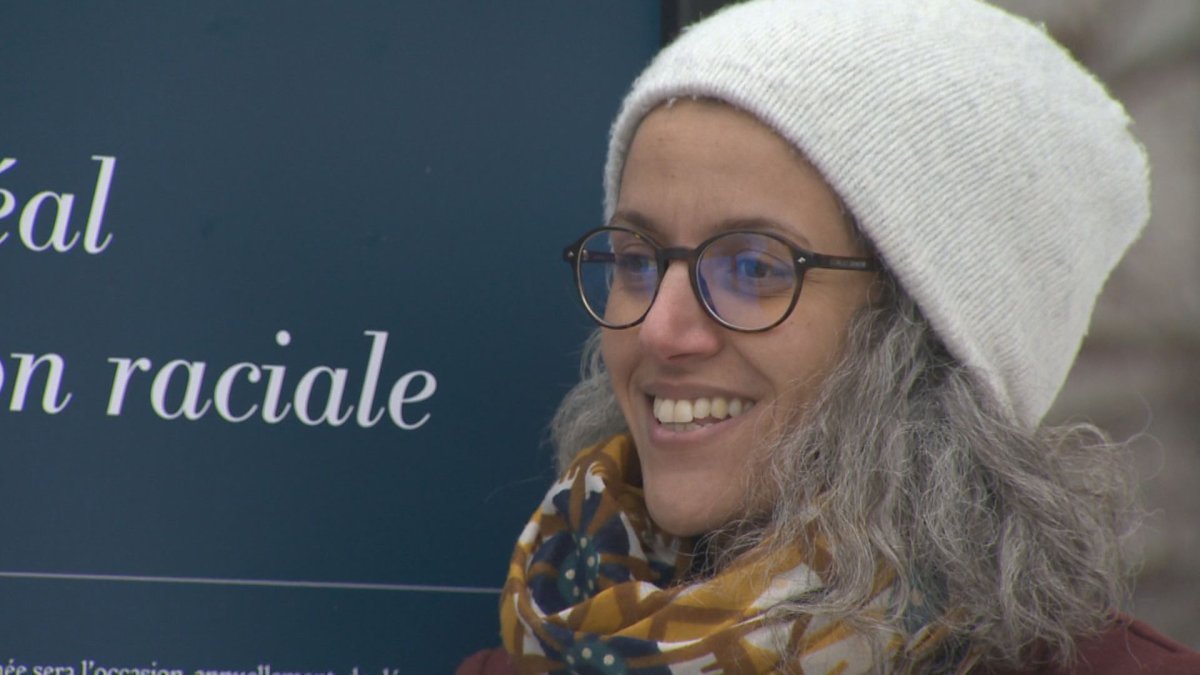Montreal’s appointment of Bochra Manaï as the city’s first commissioner in the fight against racism and systemic discrimination is drawing criticism from Quebec City.

In a written statement, Premier François Legault’s press attaché called Manaï’s nomination “questionable given her stance on past issues and her personal crusade against the law on secularism.”
“For us, this is a mistake on the part of the City of Montreal. The government of Quebec is already making the fight against racism a priority, as evidenced by the report tabled last December,” wrote Nadia Talbot.
In 2019, Manaï was involved in the legal challenge to the secularism law known as Bill 21. She was also spokesperson for the National Council of Canadian Muslims.
On Wednesday, Mayor Valérie Plante defended the decision, saying it was a rigorous process.
“The appointment of Bochra Manaï is a first in the municipal world. It reaffirms our firm desire to continue our actions to fight racism and systemic discrimination in the City of Montreal,” she said.
Plante pointed to Manaï’s many qualifications.
“She’s got a lot of experience (in) the field, but also her academic records are quite impressive,” Plante said.
Manaï holds a PhD in urban studies as well as two masters’ degrees, one in urban geography and the other in interethnic relations.
Most recently, she was director general of Parole d’ExluEs, a community organization in Montreal North working towards social inclusion and an end to poverty.
Plante also dismissed concerns over Manaï’s involvement the legal battle over Bill 21 and her ability to do her job.
“She will keep her her freedom in terms of addressing the issues that she got hired for,” Plante said. “But at the same time, she understands that she represents the institution of the City of Montreal.”
The mayor said it was time to move on, stating the bill had been passed into law and the city was following regulations.
Manaï’s appointment was ratified by the city’s executive committee and made public on Wednesday.
The city had announced the creation of the new post in October of 2020, in the wake of a scathing report by the Office de consultation publique de Montréal (OCPM) calling for widespread change.
Plante said the report issued 38 recommendations to address the issue of systemic discrimination and racism within the City of Montreal.
Plante said her administration had implemented the first three recommendations, including appointing a commissioner.
Now, Manaï is tasked with drawing up an action plan to ensure the remaining recommendations are also implemented.
“So it’s about looking at all the different divisions, the different ways that we work at the City of Montreal … and to hiring,” Plante said.
“Everything will be going through her analysis to so we bring more diversity and we’re more aware and definitely, you know, fighting any types of discrimination.”

Manaï is undaunted by the challenge that lies ahead, but warned that change takes time.
“The mandate is really big and I know the expectations will be really high,” she said. “So I just want to say that you cannot change a systemic problem in two days or one week. Systemic issues need systemic answers and solutions and programs.”
Manaï’s top priorities will be to tackle hiring practices, to ensure greater diversity and addressing the issue of racial profiling and Montreal police.
Manaï’ said she also hopes to offer solutions that are adapted to the realities of specific neighbourhoods.
“We have to work with different approaches, like you cannot have the same discussions or talk about racism the same way in every borough,” she said.
“You cannot think of racism in the same way in the Plateau as in Montreal North.”




Comments